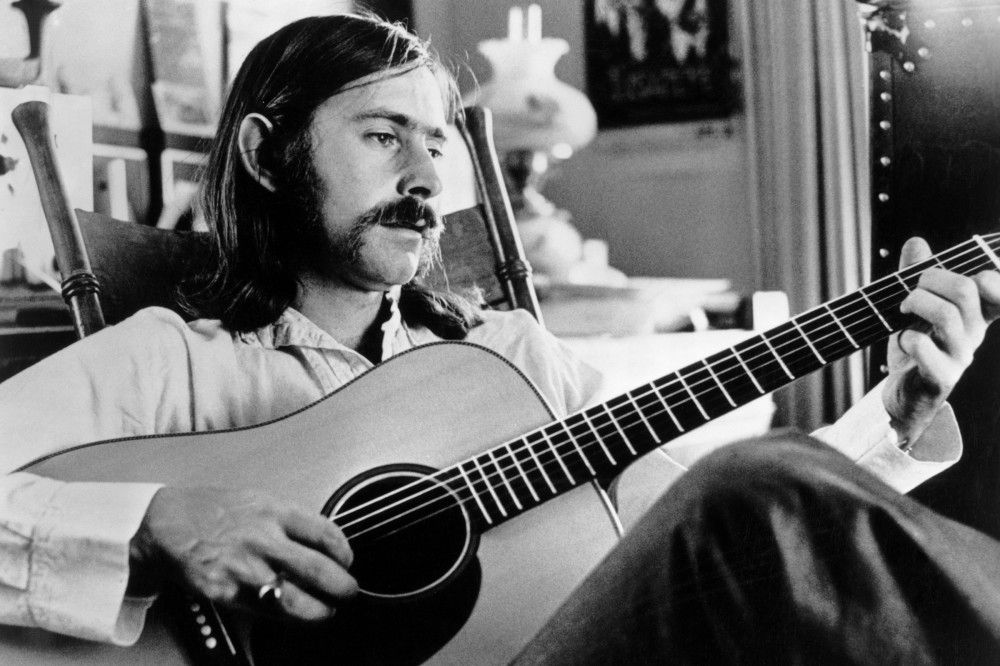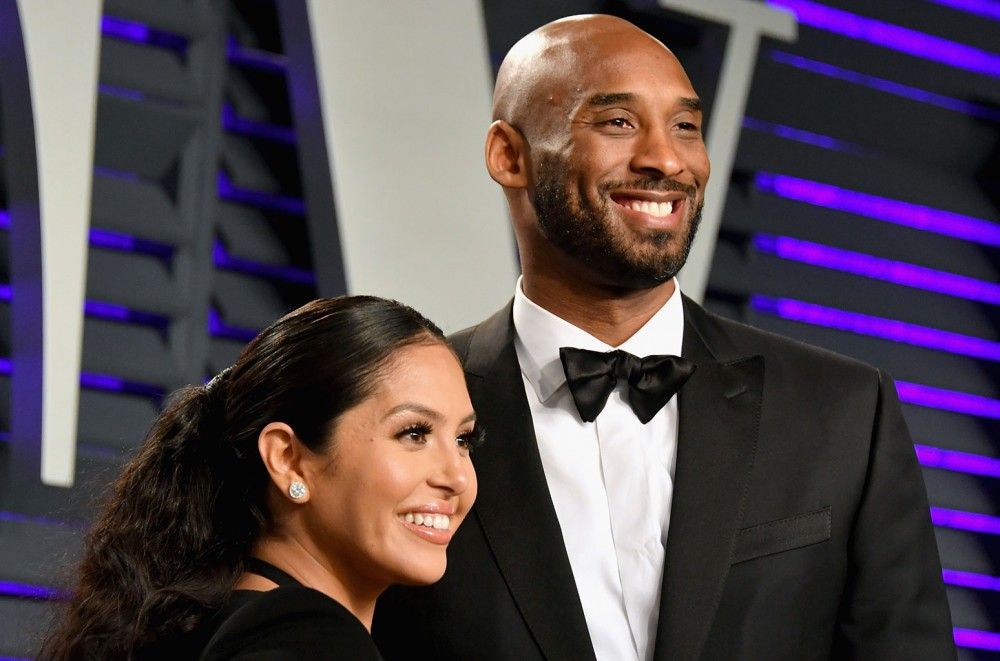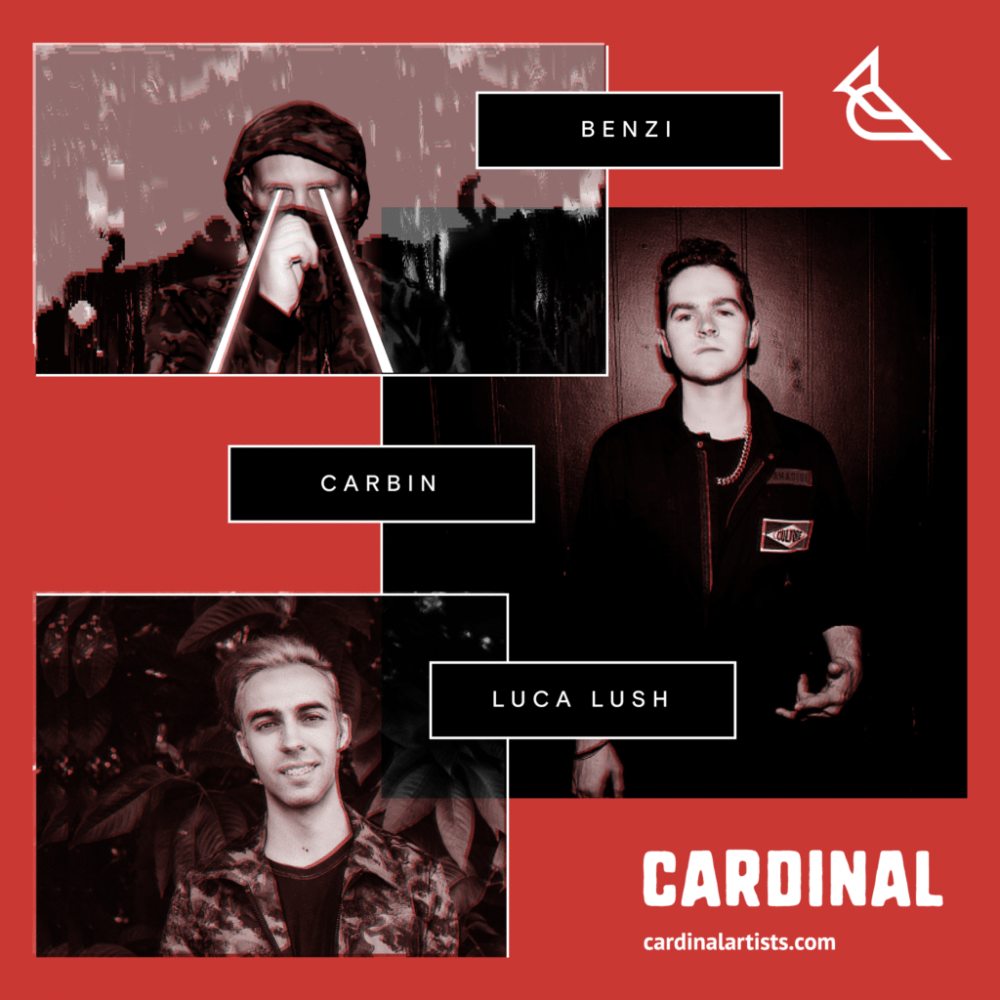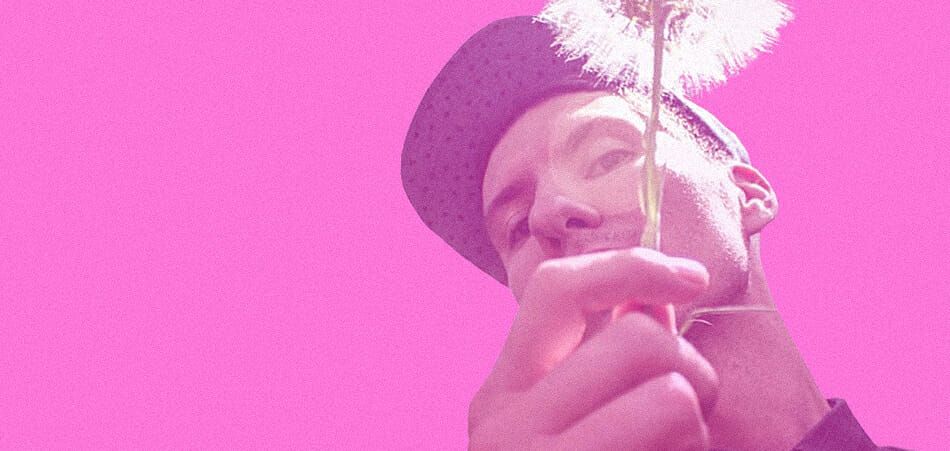
Norman Greenbaum on 'Spirit in the Sky' at 50: 'The Interest in It Just Doesn't Wane'
Right from the start, had a good feeling about “Spirit in the Sky.”
“At first the record company said, ‘Gee, they don’t play anything like this on Top 20,’” the singer-songwriter tells Rolling Stone of his immortal boogie-rock anthem. “But obviously they were wrong. We always knew it was going to be a hit. It just sounded too good.”
The song came out in the U.S. in January 1970. Propelled by a chugging, bluesy riff and featuring lyrics about befriending Jesus and preparing for death, it peaked at Number Three on Billboard’s Hot 100 and was certified gold.
In the 50 years since its release, “Spirit in the Sky” has never really gone away. The song has appeared in more than 30 commercials and 60 films, including Wayne’s World 2, Apollo 13, Remember the Titans, and I, Tonya. “I’ve got an audience that’s coming around again,” Greenbaum, now 77, says over the phone from his home in California. “The song started with kids’ grandparents and then their parents and then they hear it in all these movies. Now there’s a whole young generation that is into the song.
“All of a sudden I’m getting a little resurrection of my career,” he continues. “And that’s making me feel pretty good!”
Greenbaum spoke with RS about how a Jew managed to write a song about Jesus, why the song’s use in Apollo 13 blew his mind, and what he’s up to these days.
What do you remember about writing “Spirit in the Sky”?
Songwriters occasionally have an idea but not a complete one. You pack it away in the back of your head and know that you’ll get back to it. This was a song like that. Musically, I never knew quite what to do with it. Mostly because when I started doing my first band, I did something completely different. I was part of this group called Dr. West’s Medicine Show and Junk Band. The first record we made was called “The Eggplant That Ate Chicago.”
It’s a great song.
I have a fan in you. It’s about as different from “Spirit in the Sky” as you can get. I did that for a while and then I wanted to do something more rock & roll. I was playing at the Troubadour and a producer of all the Lovin’ Spoonful hits Erik Jacobsen] happened to be there that night. He came up to me after the show and introduced himself and said, “I like you. I think we can do something together.”
In the meantime, I had come across a greeting card that said “Spirit in the Sky.” And it was American Indians sitting in front of a tipi, with the fire going and being spiritual towards what they had deemed God, which was a spirit in the sky. I think it was the Hopi. So I went, “That’s kind of interesting.” These two had nothing to do with each other. I just put it in the back of my head.
Then I happened to be watching Porter Wagoner. He had a TV show, and he did a religious song halfway through the show. One particular day, he did a song about a miner that was up in the hills, digging for gold. He hadn’t been to church or] prayed for, like, years and years. And for some reason, he decided it was time to go back. So he took his viola, came all the way back into town, and when he got to the church, there was a note on the door that said, “The pastor’s on vacation.”
Then I started thinking about the Hopi Indians, the pastor’s on vacation, and as a kid watching cowboy shows and hearing that the bad guys — when they were dying from a shootout — always wanted to be buried with their shoes on. All this is starting to connect. I said to myself, “Well, I’ve never written a religious song. I’ve written some oddball songs, but some serious song, I can do that.” I just sat down, and it all came together.
Is it true that you wrote the lyrics in 15 minutes?
Yeah, the lyrics came really quick. When I started putting the music to that, that took a little more time. I had the arrangements and had to get all those little parts.
I know the line “Never been a sinner / I never sinned” upset Christians.
It did upset some people. When I said I can do this, that didn’t mean I could do it perfectly. It wasn’t my religion; I just did it. I didn’t think twice about it. I took some of the seriousness out of it, but I didn’t do it as a joke or against anyone. I guess people can take offense to almost anything. There was the song about the plastic Jesus on your dashboard. They liked that one.
Now], quite a few churches have put it into their services and they sing it quite often. So it turned out OK. To be blunt, I don’t think it’s on the shit list.
Some have pointed out that the main riff resembles John Lee Hooker’s “Boogie Chillen No. 2,” which you can hear on the later version he recorded with Canned Heat. Did you draw any inspiration from that song?
No, I had fooled around with the music long before Hooker’s version with Canned Heat], just playing it without words. Many songs of that nature, sort of jam songs, I believe, were inspired by very old country-blues riffs. If you listen close, there is always a little difference. Just thinking, I don’t believe I know “Boogie Chillen.” The words were inspired by listening to country-gospel lyrics, Porter Wagoner leading the way.
Can you tell me about the fuzz pedal that made the guitar sound so distinctive?
Well, there wasn’t a guitar that was built that way. But in one of my prior bands in between Dr. West and going as a solo artist, one of the people playing guitar had invented this little fuzz tone, and he said that he fit it into the guitar, rather than using the pedals that they had. And that’s where I got the sound. Unfortunately, he kind of disappeared and we were never able to make another one. The guitar itself is not with us anymore. But it was quite something and it’s gone down as one of the top five guitar licks that you recognize in a split second.
But it was a unique thing. It was a nine-volt battery, a couple of wires, and a switch. The Fender Telecaster played like a regular guitar, but when I wanted to do that, I switched it on. People have all these switches now for different sounds, but back then there was no digital. We recorded on this humongous tape machine. But the microphones that the producer used and just the way we put ourselves in the studio and the sound came, it was almost like it was predestined. It was actually mind-blowing. Right from the beginning, it just sent shivers up our spines, and I think that’s the way it came across on the radio. It just got into people.
The background singers are the Stovall Sisters. How did you find them?
They were from Oakland; we recorded this in San Francisco. They were basically were a gospel trio, but they could sing just about anything. And so we got them to do the backgrounds on it and it came out pretty good.
Do you still talk to them at all?
I do. One of them unfortunately has passed. And I do talk to one named Lillian ever since. They’re real nice girls. Lovely.
Why do you think people are so attached to the song?
People have gotten older, a lot of people from that era are passing. It was hundreds of thousands of people’s favorite song. You take it the way you want. Some people take the Jesus part more than the “spirit in the sky” part. I always took the “spirit in the sky” part as the more meaningful one. We know we’re going to die — unless we just die on the spot — and you make plans. They tell the family, “Play this at my funeral.” You would think that’s kind of a downer, but it actually has the opposite effect. Many people have written and said, “Everybody got up and danced but cried and smiled at the same time.” That was like a really good feeling for me, that I wrote something that is important to other people. Comforting.
So it’s popular in funeral homes?
It is. Actually, two or three funeral homes use it as a commercial.
It’s a good send-off.
That’s a good way to put it. People put it in their wills. There was one person that insisted that 50 cars at his procession played it at] the same time.
Wow. And you were raised Jewish, right?
I was. I don’t follow it and haven’t for quite a few years. People get mixed up on how and why I would write a song like that, but my answer has always been the same, which is: I’m a writer. Writers make things up. If you write songs, you write things from your heart. Although this was religious, I felt I had the right to attempt to write it.
Do you still own the publishing rights?
Well, the publishing rights were always owned by my publisher, who was the producer. He signed me to a writer’s contract. It was all kosher and everything; I wasn’t being cheated like some bands do when they sign something they haven’t read real well. And they’ve given all the rights away — I didn’t give the rights away. When you have a straight-out publishing deal in those days, the publisher would get half and the writers would get half. It’s] now being handled by this conglomerate called Concord Music. And so they’re now handling all that business for me.
It’s interesting that in the era of streaming, the song has maintained its popularity.
Isn’t that something? It’s very upbeat and recognizable — it’s one of those songs where it’ll stick in your head. People call me, go to my website and write on Facebook, “Heard your song today, Norman!” Laughs] People have said, “Well, I was out shopping and the song came on the radio. Something’s not right. So I rushed home and my dog was throwing up blood. I rushed him to the vet and we saved him, all because of that song.” It’s either something’s wrong or something’s good. Of course, there’s always the famous one about having sex for the first time in the backseat while that song was playing. It’s just people’s memories and they know exactly when they heard it the first time and what they were doing. The interest in it just doesn’t wane. I myself hear it all day; it’s never gone from the back of my head.

Photo by Jeff Fasano Photography
Jeff Fasano Photography
The very first movie to feature it was the 1987 Ally Sheedy film Maid to Order.
Yes. I liked it quite a bit. After that when they said they wanted to do it in another movie, with Tom Hanks.
Apollo 13.
That one was quite an important one, because it was just wasn’t just a sound-over. They were in the cockpit and talking to Earth. And it’s playing and the cassette is floating. That was really, really exciting. I’m blown away by the whole thing, really. I get excited about anything that happens with it. Not because I know I’m going to make some money out of it. It’s something as a performer you appreciate very much.
Let’s talk about your career post–”Spirit in the Sky.” How did you spend the next few years?
I toured and did that whole thing and made follow-ups, and I wasn’t as successful. It was really difficult to follow up “Spirit in the Sky.” It was a monster hit. I myself didn’t have a genre. I didn’t fit into a particular niche of music. This was something that really came out of left field. I had recorded all these other songs, and we didn’t have anything that came close to the sound.
We’d spent most of that time touring, and when we came back we did the second album quicker than we wanted to 1970’s Back Home Again]. We put out another single called “Canned Ham.” It went over, but not as big, and again it was really controversial. Not in a religious way and not in a dope way. I wrote “The Eggplant That Ate Chicago” and all those other jug-band/folky tunes. It made a lot of sense for me as an individual singer-songwriter to do something like that. It didn’t make as much sense to other people. And production-wise it was more of a rock & roll record. It didn’t have the elements to become an anthem. So it didn’t do so well.
And then I was at a crossroads of quickly becoming a one-hit wonder, so we had to decide what in the world we’re going to do next. So I did come up with a song that I was able to utilize the fuzz tone in again. It’s called “California Earthquake.” And I thought that one has pretty good chance. But when you have a singer and you have a big hit, then you don’t, people are already starting to forget about you.
So that made the charts, but again wasn’t so big. And then I had a really big decision to make: what to do against what do I really think I want to do. I’d been living on a farm and doing this goat dairy thing in the background and raising some animals and sending my kids to Montessori and all that. I go, “You know, how about doing an acoustic album, but a really fine one that would really put Dr. West production to shame.”
And that’s what we did. It was called Petaluma. We didn’t have drums; we just used all acoustic instruments and got Fritz Richmond, the epitome of washtub bass, from the Jim Kweskin Jug Band. We got Ry Cooder who played mandolin slide guitar. If it had come out in the last year or two, it probably would have been a gigantic hit. It would have done better, but again, it was a really good piece of work. It just didn’t have enough people that were into it. When I performed it, they liked it. I hate to say it was two hours before my time — not because it’s time, and I’m thinking about how old I am now — but I guess I was a little ahead of my time on that.
So then I was in a quagmire. Usually bands just keep playing, and I did that for a few years, and then it just kind of fizzled out. I had an affinity for cooking and I had a friend that had a café, and I really wasn’t doing much with music at that point. This was about 1980. I had just moved back to Northern California from L.A. My friend says, “Hey, move up here and I’ll get a rental for ya. Come and work for me and see what happens.” So I did that for a number of years and at different places. And all of a sudden the record was covered by a group from England called Doctor and the Medics. And it became Number One all over Europe. That was a big thing: It had gone from the back room of the one-hit wonders to all this interest in this song. And so at the same time, someone decided it would fit in a movie. And that just started everything.
You didn’t have to work after that.
No.
In 2015, you were seriously injured in a car accident.
That pushed me back a lot. I was, as they put it, T-boned. I was in a coma for three and a half weeks and in rehab for weeks and weeks. I got through it and I’m very lucky, very grateful.
You’ve been performing recently. How has that been going?
We’ve slowly been building up and adding on to the few things we do here and there. We’re not going full blast, but we’re going to be doing more. I’ve found that when we do these appearances, all these people come up and go, “Oh, my goodness, this is so great. I’ve wanted to see you for the longest time!” Because I haven’t been out there. One, it wasn’t available for many years, and two, I really didn’t know what to do with it. And now it makes a lot of sense to do it. I’ve got a pretty clear idea and we’ve put together a show. It involves my girlfriend and the band.
We do numerous events and gigs up here in Northern California, with a lot of the people that came out of the same area, like Big Brother and the Holding Company, the Chambers Brothers, It’s a Beautiful Day, and some of the people from Jefferson Starship and all that. Now with all this other recognition I’ve been getting, we got a new band together. We’ve lined up a whole bunch of gigs for spring.
I’m from the Boston area, and my hometown Malden, Massachusetts] just did a big thing in honor of the song’s anniversary. They put up a three-story mural on a building downtown. That was quite a nice affair. It brought tears to my eyes.



